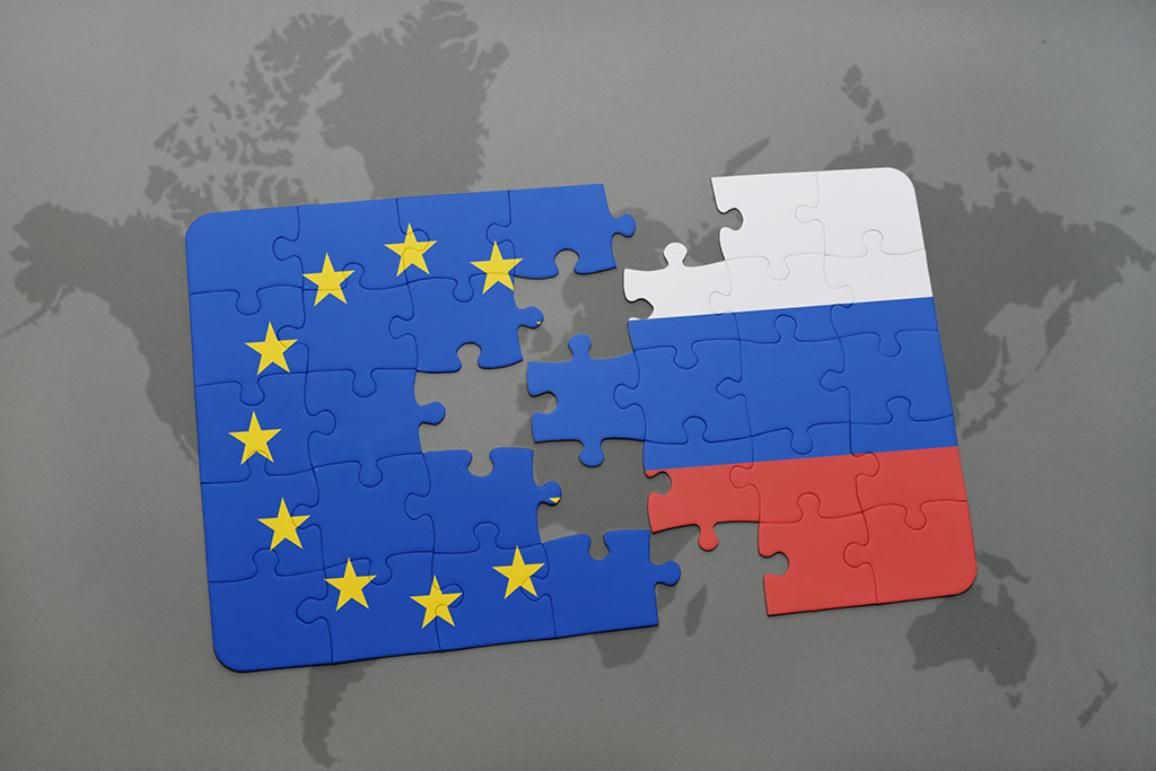Brussels-Moscow complementarity is close to bifurcation

By Orkhan Amashov
At the outset, there was one chief and uncontested mediator, who brokered a ceasefire, saving a loser from utter calamity and letting a winner take enough to feel content. Indeed, on 10 November 2020, Russia found itself occupying a commanding height over the post-war scenery involving Azerbaijan and Armenia. Its clout as a ‘peacekeeper’ was only slightly tempered by a Turkish factor, with the EU and the US throwing a bemused glance from a telescopic distance.
The autumn of 2021 saw the Kremlin’s comfortable position challenged, initially like a man walking on eggshells. Brussels also took it upon itself to be involved. When EU Council President Charles Michel proposed the meeting of President Aliyev and Prime Minister Pashinyan in early November 2021, the Kremlin was quick to hastily arrange a summit in Sochi on 26 November.
The prevailing sensibility of the time was that key interstate matters would be the preserve of the Moscow platform, with the EU focusing on humanitarian matters, as had historically been the case. The 15 December EU-mediated trilateral gathering appeared to suggest continuity and be a harbinger of the future complementarity between Brussels and the Kremlin over the post-war negotiations.
Russia’s jealousy was not first very palpable. What was discernible, nevertheless, was President Vladimir Putin’s sense of self-righteousness in regarding the EU as an unhallowed interloping force that would not dare to intrude too excessively into his zone of mediatory responsibility.
Russia’s invasion of Ukraine and isolation on the global stage have shifted the balance between the two formats and the subsequent three EU-mediated trilateral meetings have resulted in Brussels assuming a higher significance as a leading platform in determining the final settlement. If meetings under Moscow’s aegis have been more of a discussion on border-related issues and the reopening of communications, a peace treaty has been central to Charles Michel’s erstwhile efforts.
It is now by no means beyond the pale to dare to suggest that Moscow is openly uncomfortable with the EU’s escalating pivotal role. Russian Foreign Ministry Spokesperson Maria Zakharova has recently openly denounced Brussels’ proactive mode of behaviour, suggesting that this forms part of the West’s attempt to hijack the Armenian-Azerbaijani peace talks and use the Karabakh subject as a pawn in its confrontation with the Kremlin.
The EU, on the other hand, has publicly maintained the view that the two formats are mutually complementary, magnanimously acknowledging that Moscow invested “quite a bit” in the negotiations. Toivo Klaar, EU’s Special Representative for the South Caucasus, dismissed the idea of competition with Moscow and highlighted the complementarity view of the juxtaposition of the two centres. In other words, the Brussels and Moscow formats may not be inextricably intertwined, but they are interrelated.
This official evaluation does not seem to square well with what is being heard on the grapevine in the EU capital. The inescapable unofficial view is that Brussels is conscious of its augmented relevance and intent on pushing towards peace talks and a lasting treaty. One former EU bureaucrat privately told me that Charles Michel is also keen to secure his historic legacy as a great mediator and peacemaker between Baku and Yerevan, with natural self-interest and noble ambition adding to Brussels’ desirability as the sole platform of choice.
Azerbaijan and Armenia see the dangers of Russian monopolisation of the peace agenda and want to see a more proactive EU involvement. But, for both parties, it is not a matter of choosing one platform over another, but exercising sufficient maneuverability between the two to maximise their collective gains.
However appreciative Baku may be of Brussels’ peace treaty push, it is also conscious that, with regard to the reopening of communications, the Moscow format is, at present, more likely to spawn desirable results.
Furthermore, one should be mindful of the Kremlin’s footprint in sovereign Azerbaijani territory, via the temporarily stationed “peacekeepers”, whose temporality is often carefully airbrushed as a non-theme by Russia. The EU, for all of its ability to provide aid and assistance in demining and its expertise on a breadth of post-conflict matters, lacks Moscow’s on-ground presence, historic legacy, and concomitant leverage emanating from this.
What is clear is that the Kremlin is likely to be interested in achieving progress over certain segments of the normalisation agenda, without in any way accelerating a comprehensive deal itself. As ever, self-interest reigns supreme, as a peace treaty would signal the withdrawal of its “peacekeepers” from Khankandi, reducing its footprint in the region.
Given the bargaining chips in the negotiations between Baku and Yerevan, the former’s “setting the tempo” credentials and drive for a peace treaty, coupled with the Kremlin’s inclination - despite the Ukrainian distractions - to relegate a peace deal to a distant prospect that should not be precipitated, the likely probability that is that the ongoing shift towards Brussels will continue.
--
Follow us on Twitter @AzerNewsAz
Here we are to serve you with news right now. It does not cost much, but worth your attention.
Choose to support open, independent, quality journalism and subscribe on a monthly basis.
By subscribing to our online newspaper, you can have full digital access to all news, analysis, and much more.
You can also follow AzerNEWS on Twitter @AzerNewsAz or Facebook @AzerNewsNewspaper
Thank you!
